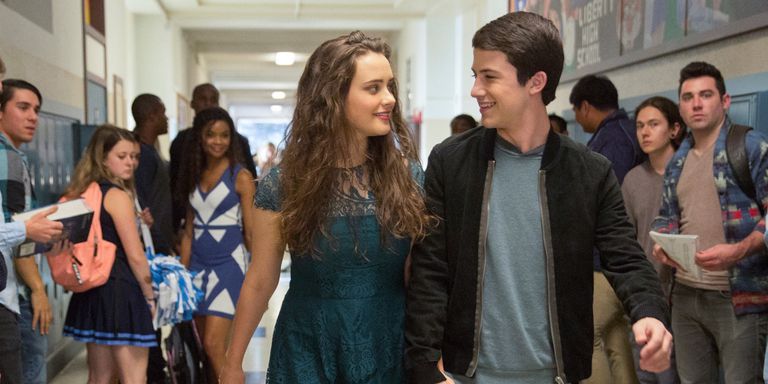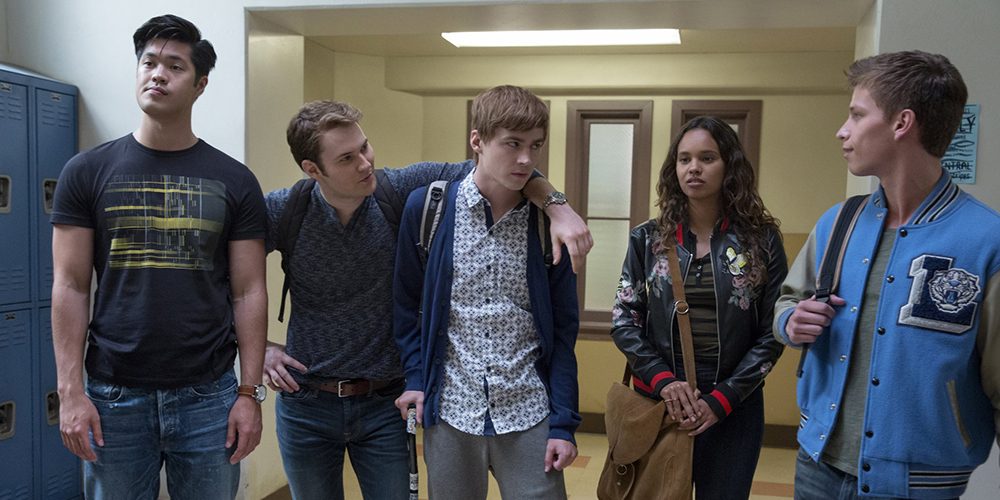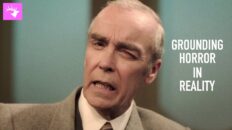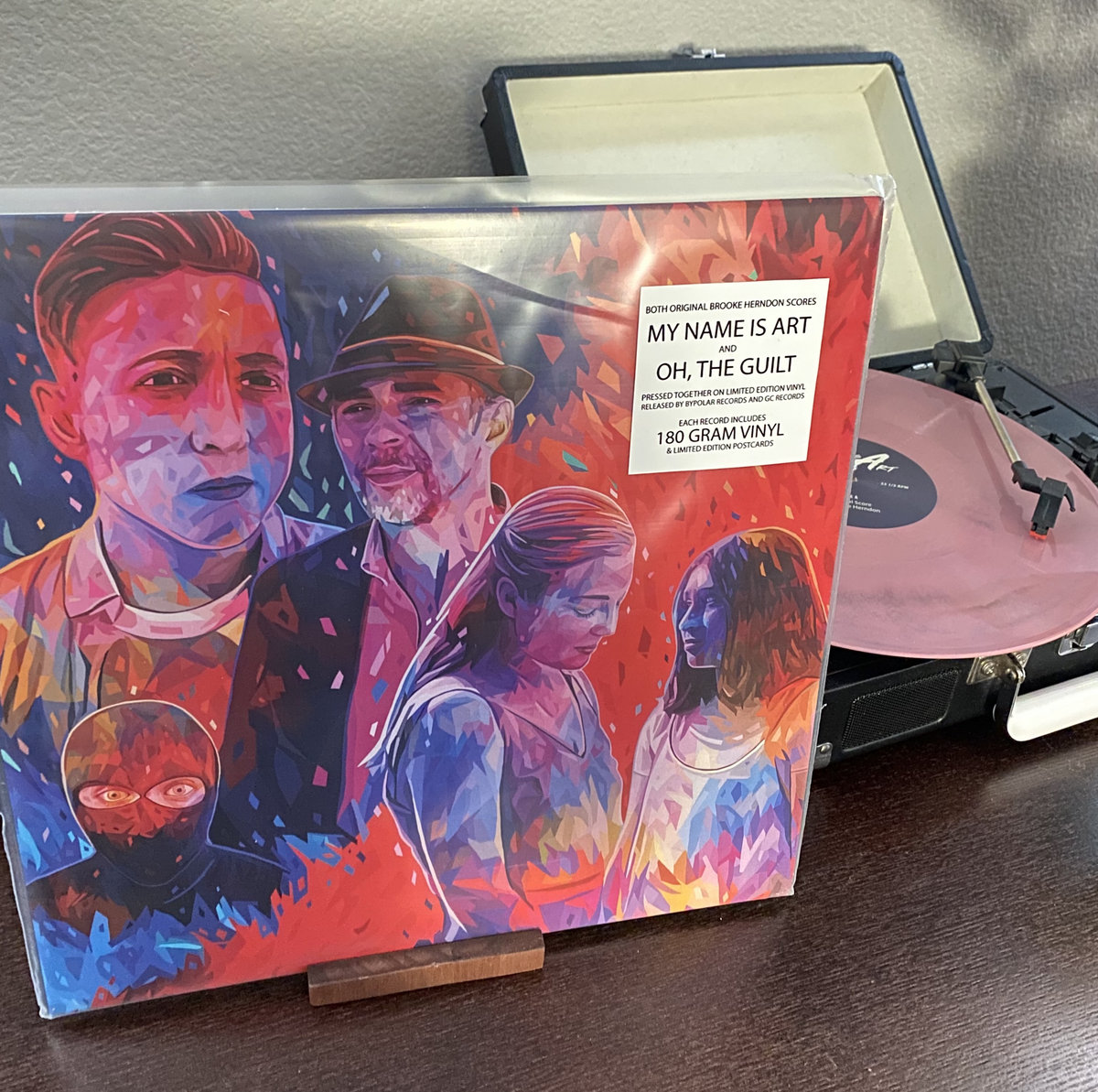It’s a valid question. The first season of the teen drama, which chronicled the events surrounding the suicide of troubled teenager, Hannah Baker, and the tell-all tapes she strategically distributed to her equally troubled peers, seemed to wrap up the story in a finite way. We may not have seen the fallout for those left alive and a few last-minute developments created entirely new threads that would have been left hanging, but for many viewers, the story of Hannah Baker should have concluded with the first thirteen episodes.
It’s not hard to understand why the show continued; the overwhelming success of the first season was largely due to the buzz surrounding it, some of it good, much of it critical. Concerns that the show was glamorizing teen suicide by presenting it as a form of post-mortem revenge were bolstered by a troubling increase in Google searches for “how to commit suicide.” Many felt the show was tone deaf and didn’t send the right message to teens, who are undoubtedly the primary demographic.
As someone who has been lucky enough to have never struggled with thoughts of suicide, I didn’t immediately connect with this train of thought but I did still struggle with the show’s dangerously graphic depictions of rape and self-harm. A few key scenes stood out in season one, particularly the no-holds-barred suicide scene, which I watched through my fingers and will never allow on my screen again.
In spite of—or perhaps due to—the controversy, the show was a runaway success. The creators and producers may or may not be full of it when they claim to want to continue this story, but one thing is abundantly clear: 13 Reasons Why didn’t stop at 13 reasons because people wanted more.
Season two does not shy away from the uncomfortable scenes. Rape and consent are central talking points throughout the season as several characters—including Hannah’s ex-best-friend Jessica Davis—relive their painful experiences. Jessica herself is struggling with post traumatic stress disorder and accepting the truth of what was done to her and it’s here that I have to give special credit to her portrayer, Alisha Boe, who really shined in the second season and brought her all to the character and her struggle.
[SPOILERS BELOW]
Season two also did a great job of cementing my opinions about characters I was on the fence about in season one. My chief complaint about season one was that some of the students accused on Hannah’s tapes didn’t deserve to be lumped in with the ones guilty of more serious offenses. Thankfully, the second season vindicated some of these students by showing their own struggles in-depth. I was especially pleased to see Zach Dempsey’s (Ross Butler) side of the story because I feel he deserved the scrutiny the least. Alex Standall (Miles Heizer), Ryan Shaver (Tommy Dorfman), and even Justin Foley (Brandon Flynn) all felt more sympathetic while Bryce, Marcus Cole (Steven Silver) and Monty (Timothy Granaderos) lost all moral standing.
One turnaround that surprised me was Hannah’s counselor, Kevin Porter (Derek Luke), whose inaction before Hannah’s suicide was completely enraging. At Porter’s testimony, Derek Luke delivers what is one of the most moving scenes of season two and the only one to bring me to tears, as he painfully describes his regret at not doing more to prevent Hannah’s death.
Unfortunately, for all the prior mistakes that season two addressed, it committed all new ones by season’s end. The worst offense was showing a graphic assault on Tyler Down (Devin Druid), which demonstrated that the showrunners learned nothing about being gratuitous for the sake of shock value. The showrunners can pat themselves on the back all they want for not holding back but the truth is, no one needed to see that. I felt intensely uncomfortable watching it on screen so I cannot even imagine what this may trigger in young people who have suffered in real life. I am in no way suggesting violence cannot be discussed in a visual medium but such things can be conveyed with more subtlety and sensitivity, especially in a program geared towards teenagers.
Another misstep was that the central character, Clay (Dylan Minette), became less and less likable as the show progressed, and his decisions became erratic and questionable at best. He spends much of the season imagining Hannah in the room and carrying on a dialogue that becomes a bit awkward when you realize it’s all Clay’s thoughts projected on to her. He ignores Jessica’s feelings at every turn and exploits her trauma under the pretense of doing the right thing. He repeatedly lies to his parents and tries to detox a heroin addict he’s secretly keeping in his bedroom. And all of this is just a pretense to the most egregious offense: letting an emotionally unstable Tyler escape as the teen rolls up to a school dance ready to open fire on the place.
As the season closes with tense music on an exhilarated Clay clutching Tyler’s surrendered shotgun, we’re propelled to think Oooh, what next? But all I can think about is what on earth Clay is thinking. Tyler was ready to commit mass murder; does he really think he’s going to ‘detox’ Tyler’s homicidal tendencies like he did with Justin’s addiction (which he utterly failed at, by the way)? I understand these kids have weightier problems than I dealt with as a teen, but I don’t for one second believe not a single kid is willing to go to their parents and ask for help. The idea that no one can help and you should try dangerous things yourself is such a bad message to send to teens. A lot of the parents on this show may have been clueless or willfully blind, but many were also engaged and sympathetic.
The other question I asked myself as the screen faded to black was what season three is supposed to be about. The court case is over and Hannah is no longer a focus of the story. Tyler shooting up the school might have made for some intense—and all too relevant—drama for the next season but the show stopped just short of depicting it. In my opinion, they should have just gone for it. After all, if you’re going to revel in your unflinching depiction of suicide, rape, and assault, you might as well go whole hog and uncensored. What is it about that particular line that they are afraid to cross?
Unsurprisingly, 13 Reasons Why has been granted a third season and we have some time yet to wonder what it will be about. I’ll admit that despite its soap opera aesthetic as it blunders through sensitive topics, I have found the show to be relentlessly engaging and the acting, on the whole, has been pretty decent. I don’t mind watching the show for the guilty pleasure it is, but my continued engagement depends entirely on how this cliffhanger is resolved. At some point, producers may need to learn how to pull the plug on a show and leave it with the legacy it has earned, instead of flogging a dead horse to see how much money you can squeeze out of it. Hopefully this happens before we hit 91 reasons why.









